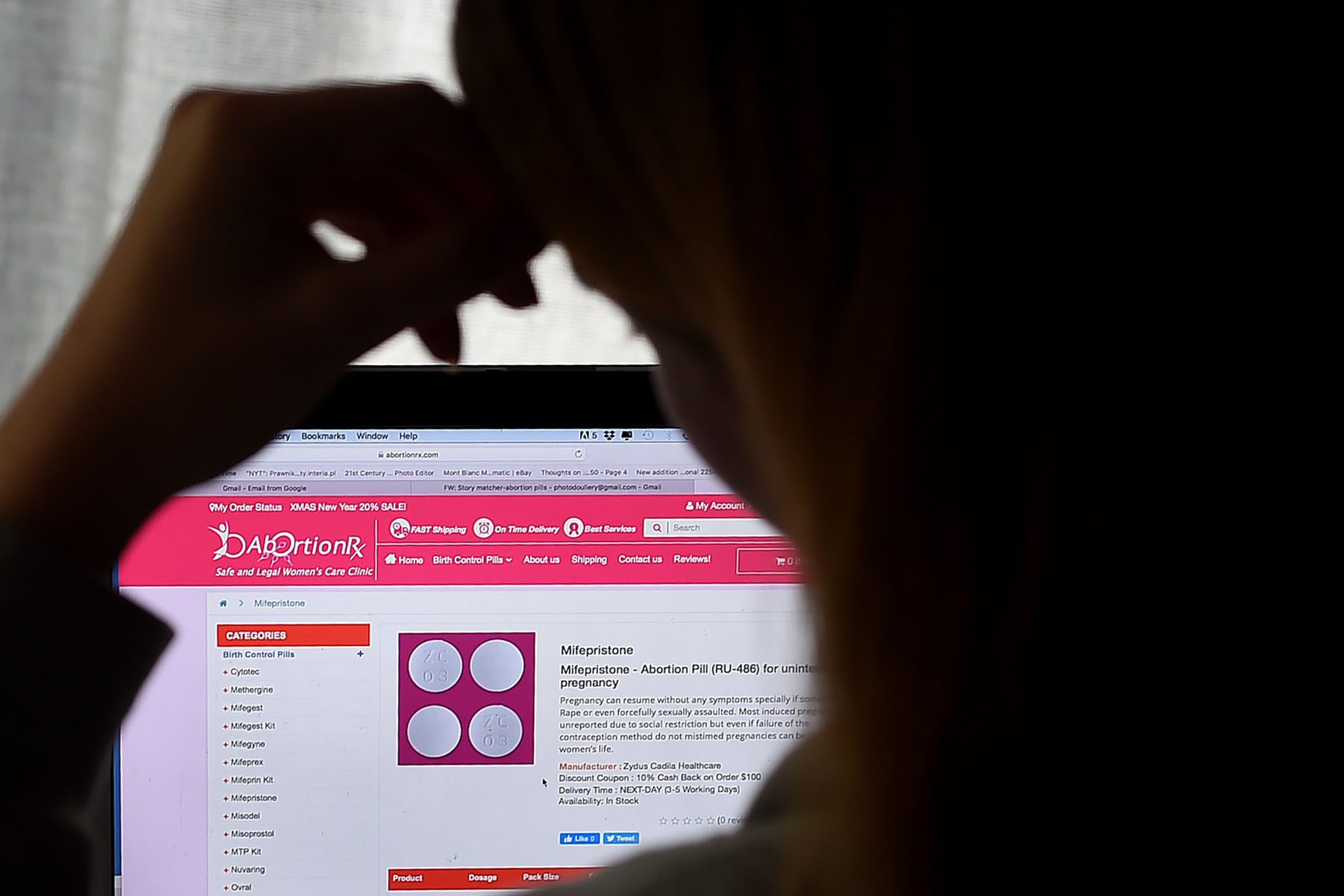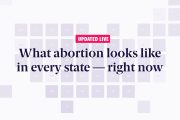Your trusted source for contextualizing the news. Sign up for our daily newsletter.
Half of women are unsure if medication abortion is legal in their state, and a third don’t know if they are allowed to access emergency contraceptive pills, new polling from the Kaiser Family Foundation (KFF) found.
The survey, conducted in January, asked people about their understanding of abortion law. It reveals widespread confusion about abortion laws regardless of what is legal — a reflection of the legal chaos that has ensued since Roe v. Wade was overturned this past summer. The survey included perspectives from men and women but did not have sufficient response data to account for nonbinary people.
Since the Supreme Court’s June 24 decision, many of the abortion bans in states were blocked by courts, even if only temporarily. The legal back and forth has made it difficult for people to keep track of what is allowed in their state and what they must travel somewhere else to access.
“What we’re seeing are the implications of what happens with a drastically changing landscape in terms of abortion access in this country,” said Ashley Kirzinger, a pollster with KFF. “We’re seeing the most movement within states on abortion laws I think that we’ve ever seen, even pre-Roe. There’s so much action happening on the state level and the public is having a hard time keeping up.”
-
In Case You Missed It:
-
In Case You Missed It: What abortion looks like in every state — right now
It’s unlikely, she added, that the confusion abates in the near future, especially as states continue to litigate whether and to what extent they can restrict access to abortion.
About 47 percent of women in states with abortion bans did not know if they could legally access mifepristone, one of two medications used to induce an abortion. Another 13 percent incorrectly believed that the medication was legal to use in their state. The remaining 40 percent knew that medication abortion was illegal.
Even in states where abortion remains protected, 44 percent of women were unsure if they could legally access mifepristone, and about 1 in 10 believed they could not. Another 44 percent knew that they were legally allowed to get an abortion.
Some of that uncertainty likely stems from abortion laws boomeranging between state courts, leaving residents unaware that a ban that was once actively enforced no longer is.
The uncertainty, some worry, could discourage people from seeking legal abortions in their state, instead spending hundreds or even thousands of dollars to travel across state lines, attempting to induce an abortion at home on their own or going without care.
“The majority of Americans aren’t paying that close attention to this. They’re hearing murmurs and rumors based on media coverage. Until they need to access it, it’s not something they’re thinking about,” Kirzinger said.
As a result, she added, “you may think you don’t have any options when you do still have options.” The poll surveyed a nationally representative sample of 1,234 American adults, with a margin of error of 4 percentage points for the entire sample.
The results showed similar confusion regarding people’s ability to access emergency contraceptive pills, also known as Plan B. No state has banned these medications, though in the wake of Roe’s overturn, some anti-abortion lawmakers expressed interest in doing so. Plan B restrictions are also supported by several influential anti-abortion groups.
Emergency contraception, which can prevent a pregnancy from occurring after unprotected sex, is not the same thing as an abortion. And though most adults understood that these pills are different from those used in a medication abortion, a majority incorrectly believed that Plan B can end a pregnancy in its early stages, the KFF poll found.
More people appear confused about Plan B in states where abortion has been banned. In those states, only 49 percent of women knew that emergency contraception was legal, compared with 70 percent of women in states where abortion is legal.
This may stem from some efforts by some politicians and anti-abortion groups to equate emergency contraception and abortion. Though this is incorrect, it’s a notion voters may have heard enough times to internalize and be confused by.
“Discussions around banning Plan B are definitely leading to confusion among the public,” Kirzinger said.







